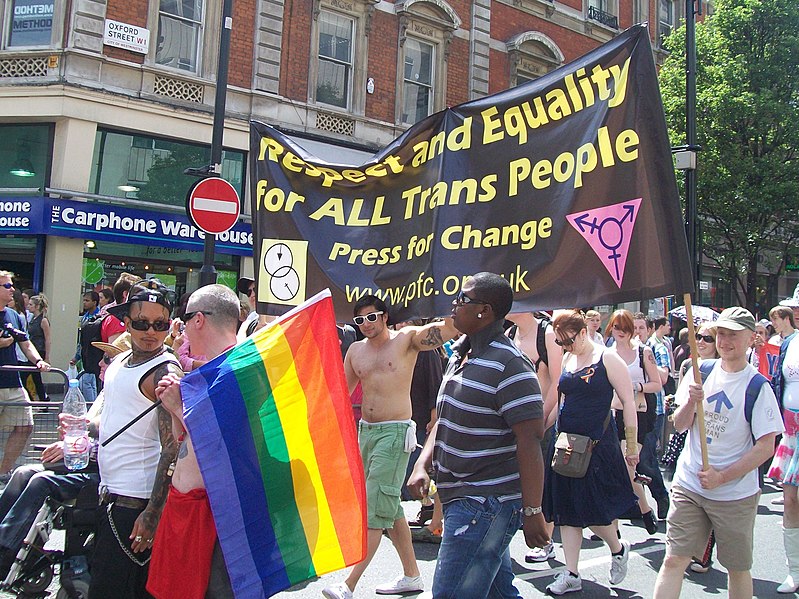
The Institute for the Equality of Women and Men in Belgium announced on Thursday that approximately 600 Belgians changed the gender marker on their ID cards in 2022.
Last year, a total of 569 individuals updated their gender registration in the country, with 284 opting for male and 285 for female. Liesbet Stevens, the deputy director of the institute, highlighted the importance of accurate gender registration for a significant part of the transgender community.
Stevens stated, "The correct gender registration is an important recognition on paper for part of the trans community. Only the gender registration of non-binary people still needs to be made possible."
Since 1993, when the national register started systematically recording gender changes, over 3,829 Belgians have officially altered their gender marker. The institute estimates that around 55,000 transgender and non-binary individuals reside in Belgium.
Belgium is taking steps to facilitate the process of changing gender identity registration. A recent law allows individuals to modify their gender marker or first name multiple times through a simple procedure.
Prior to 2018, Belgian regulations required transgender individuals to undergo sterilization to change their gender marker. The removal of this medical requirement had an immediate impact on the number of people adjusting their gender registration, which rose from 110 individuals in 2017 to 740 in 2018.
Stevens emphasized the need to make gender registration possible for non-binary individuals as well, as not everyone identifies comfortably within the male or female categories. The Chamber has already expressed its intention to consider introducing a non-binary gender marker at a later stage. Photo by Peter O'Connor aka anemoneprojectors, Wikimedia commons.








































